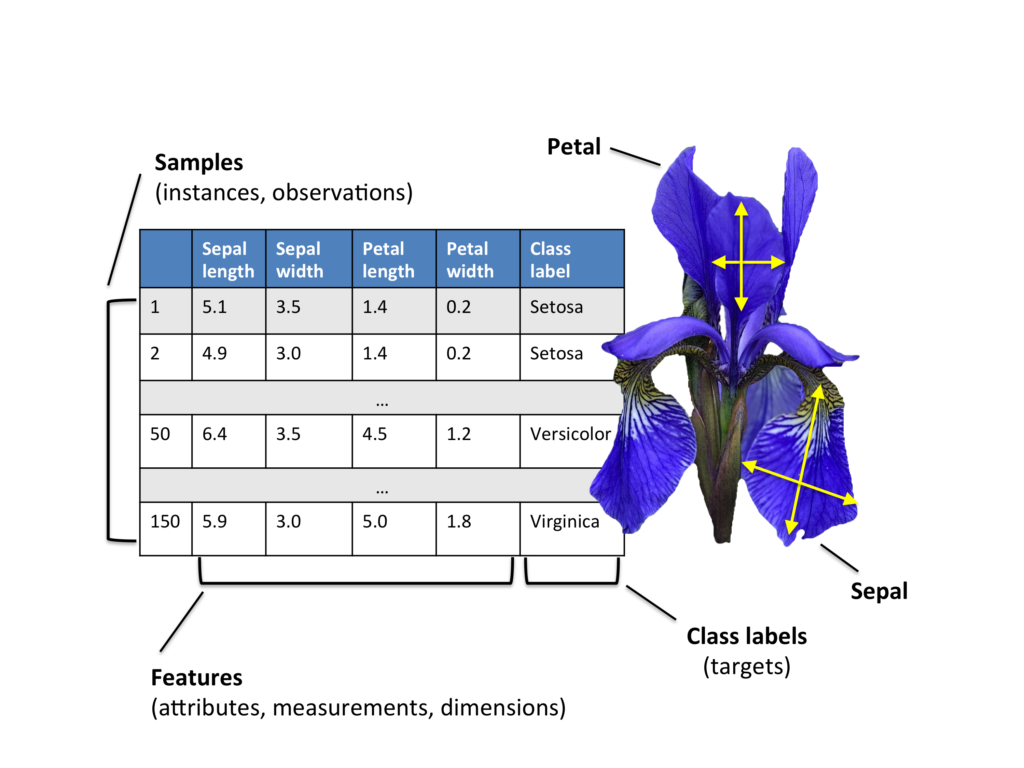Applied Machine Learning Coding in R | CARET package | QDA in R | IRIS Dataset

R is a programming language that is widely used for data analysis and statistical computing. It has a large ecosystem of libraries and packages that provide a wide range of machine learning algorithms and tools.
One of these packages is called CARET (Classification and Regression Training) package, which provides a unified interface for a wide range of machine learning models including QDA (Quadratic discriminant analysis).
Quadratic discriminant analysis (QDA) is a statistical method that is used for classification problems. It works by fitting a Gaussian density to each class and then assigns a new observation to the class with the highest posterior probability.
In this example, we will be using the IRIS dataset, which contains information about different variations of the IRIS flower, such as the setosa, virginica, and versicolor. We will use the CARET package in R to build a QDA model and classify the IRIS flowers using this model.
First, we will preprocess the IRIS data and split it into training and testing sets. Next, we will use the CARET package to train the QDA model on the training data. We will then use the model to predict the class of each flower in the testing data.
In summary, Applied Machine Learning Coding in R using CARET package and QDA (Quadratic discriminant analysis) in R using IRIS dataset is a powerful combination of a programming language, package and techniques that can be used to classify the IRIS flowers. CARET package provides a unified interface for a wide range of machine learning models and QDA is used to classify the IRIS flowers based on their characteristics.
In this Applied Machine Learning & Data Science Recipe (Jupyter Notebook), the reader will find the practical use of applied machine learning and data science in Python programming: QDA in R.
Disclaimer: The information and code presented within this recipe/tutorial is only for educational and coaching purposes for beginners and developers. Anyone can practice and apply the recipe/tutorial presented here, but the reader is taking full responsibility for his/her actions. The author (content curator) of this recipe (code / program) has made every effort to ensure the accuracy of the information was correct at time of publication. The author (content curator) does not assume and hereby disclaims any liability to any party for any loss, damage, or disruption caused by errors or omissions, whether such errors or omissions result from accident, negligence, or any other cause. The information presented here could also be found in public knowledge domains.
Learn by Coding: v-Tutorials on Applied Machine Learning and Data Science for Beginners
Latest end-to-end Learn by Coding Projects (Jupyter Notebooks) in Python and R:
Applied Statistics with R for Beginners and Business Professionals
Data Science and Machine Learning Projects in Python: Tabular Data Analytics
Data Science and Machine Learning Projects in R: Tabular Data Analytics
Python Machine Learning & Data Science Recipes: Learn by Coding
How to classify “wine” using SKLEARN LDA and QDA models – Multiclass Classification in Python
IRIS Flower Classification using SKLEARN Random Forest Classifier with Grid Search Cross Validation
SKLEARN Gradient Boosting Classifier with Grid Search Cross Validation